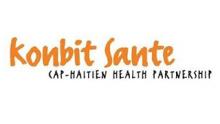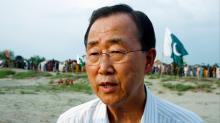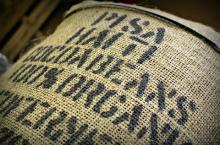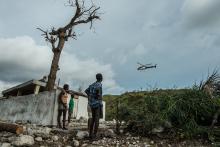Haiti Tech Summit (6/2/2017 - 6/5/2017)
The Haiti Tech Summit will be held from June 2-5 in Port-au-Prince (location to be announced). The Haiti Tech Summit will bring together entrepreneurs, investors, digital marketers and others to address development changes in Haiti that can be addresed through technological innovation. The event is projected to include 100 speakers, 500 companies, and 1,000 attendees. Sign up for updates and more information about program and organizers follows.












